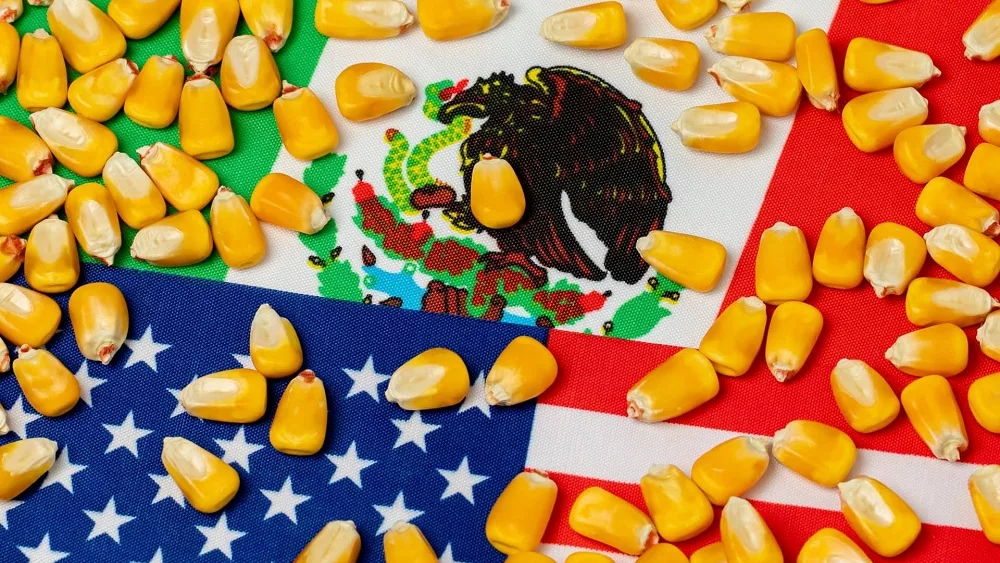The U.S. and India have agreed to resolve six trade disputes including the removal of retaliatory tariffs on American ag exports. The two counties agreed to terminate six outstanding disputes at the World Trade Organization. India also agreed to remove retaliatory tariffs, which it had imposed in response to the U.S. Section 232 national security measures on steel and aluminum.
“The importance of this really can’t be overstated,” said Brian Kuehl, Executive Director of Farmers for Free Trade.
Kuehl explained that it began when President Trump started trade wars with several nations. Those nations then responded with retaliatory tariffs on U.S. products, primarily agricultural products. India was one of those nations.
“We had a lot of countries who immediately put tariffs back on US exports and a lot of the tariffs fell on us. And for some industries, some parts of U.S. food ag, that was really devastating like for U.S. apples. At that time India was a growing market, and India put an exorbitant tariff on U.S. apples. U.S. apples were priced out of the market,” Kuehl said. “And so we really got hit with a number of trade wars simultaneously where we started losing market access.”
President Trump negotiated deals with Mexico and Canada and signed the US-Mexico-Canada Trade Agreement (USMCA), the only trade deal that fixes the trade war tariffs until the new agreement with India.
“This is really one of the first big ones under President Biden’s administration, and we’re very pleased to see this move,” Kuehl said.
He points out there are several crops other than apples that were affected by the tariffs. India is also a big importer of U.S. lentils, peas, and tree nuts. Kuehl said the agreement will affect producers around the nation.
“You’re talking about the apple industries in Washington State, New York, and Michigan. You’re talking about pulse crops, so the upper plains along with Montana and Idaho crop producers. And tree nuts, so throughout California and other states. It’s important for a lot of different geographies in the US,” he said.
Agricultural exports are an important part of the U.S. economy and our trade relationships with other countries.
“Twenty percent of farm revenue in the United States is from exports. It supports about a million jobs in the United States. But it’s also important in terms of geopolitics and American standing in the world, our ability to help feed other countries and help stabilize relationships,” Kuehl said. “And specifically trade with India is critically important as the United States squares off with China.”
He said India and China are “wary of each other,” and for the US to align more with India is important as a counterweight to China.
“If the U.S. is going to deal with China from a position of strength is in our interest to have close relationships with India and to be integrating our economies,” he said. “So it’s another reason this is so very important.”
Click below for Sabrina Halvorson’s radio news report for Hoosier Ag Today.





